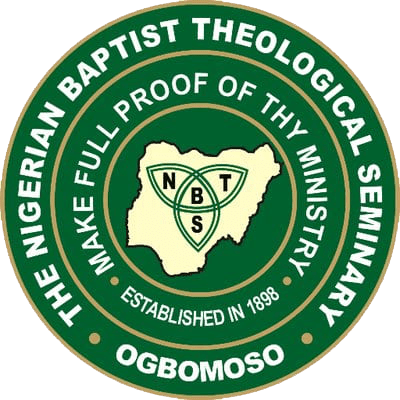by Matthew Amuro
Music, as an idea, is generally conceived as a livelier and a tool of facilitation. It is believed to have the power to lighten the spirit. When properly conceived and performed, music could serve as a soothing instrument for the targeted audience’s pleasure and inducement. It is noteworthy that church music had, in no small extent, fallen within this character of facilitation. However, music has continually evolved, given the global nature of the world today. The local music culture notwithstanding, churches are generally all-embracing.
Activities Involving Music
Music participants include the music ministers, music directors, robe managers, sectional leaders, band/praise team leaders, players of instruments such as keyboardists, drummers, trumpeters, saxophonists, soloists, and general choristers. They are also to professed faith in Christ and be baptized Christians. The music minister oversees the church music ministry. If there is no trained music minister in any instance, a music director or choirmaster/mistress is appointed (depending on the church). Some elite or big churches may have other singing groups within the church for which the church may select choir masters/mistresses to lead. A common element of the church music ministry in Nigerian space is to have a feeder group often referred to as the ‘Junior Choir.’ This choir has its members turned into the church’s main choir as soon as they reach sixteen or eighteen, depending on the place. Apart from playing this feeder role, the junior choir is also vital for grooming the church’s young and talented.
Music Repertoires
The music culture in the Nigerian church is varied. It tends to adopt the local genres around it, where it is comfortable to do so. However, the church practice and use western music and locally composed music, sometimes produced using Western styles. Nevertheless, churches use English anthems, classical, contemporary songs, and hymns. The local songs, which sometimes are rhythmically energetic, tend to catch the interest of worshipers more. This interest in the local styles may have emanated from the fact that African prosody and versification in terms of their literary features are different from Western culture. Composers in this setting have not blossomed due to technicalities and lack of exposure to relevant technological tools. There may be composers within the choir, however, the responsibility to provide music for worship rests on the music minister’s shoulders and, in the absence of any, the music director or choirmaster.
Material Culture of Music
Church music is capital intensive, and most churches tend to shy away from committing needed funds that will see it develop at a much-refined level. Due to the paucity of resources, several churches usually provide the peripherals of required materials. Sometimes, churches organize special launching/fundraising events to raise funds. Many church music ministries here have no culture of buying music sheets. Some source worship music primarily from gospel artists through their albums/CDs, house composers, and western/English anthems. Given the internet age, it is relatively easy to reach out to online sources for material.
Generally, the internet tends to force changes in the motivating ideas, activities, repertoires, and material culture of church music and worship in the writer’s immediate environment. Due to exposure to international culture through the digital landscape, music as facilitation seems to be shifting by the day to music as worship. Instead of worship music to only facilitate sermons and enhance the worship service’s livelihood, it also acts as the vehicle of worship and sermon propagation.
What are your personal goals for this course? What will you need to do to reach them? How can your instructors help you in the process?
My personal goals will be to understand the cultural interplay between worship and the environment where churches are located or wherever Christian worship is offered. I have always looked at the culture with suspicion regarding its influence on worship practices in my setting. Maybe merely for the lack of, or the misplaced expected exuberance or fervour (zeal with none biblical methods). My quest is to understand the positives of cultural meld with worship and where there are negative impacts. I want to learn how to interface with the people within the immediate church vicinities and understand their views against biblical expectations. This understanding, in my opinion, will add a boost to the mission of the church. I want the needed tutelage or mentorship and exposure to materials and resources that will significantly aid me in my teaching career as I explore culture and worship.

